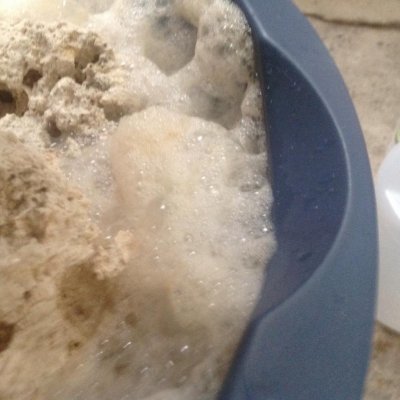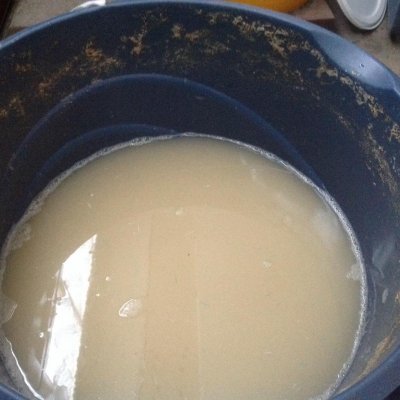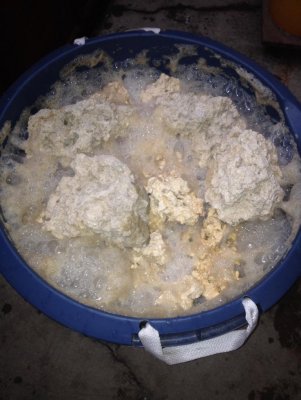This has been bugging me for quite some time. One of the biggest reasons given around the forums for algae issues has been, your rock is leaching phosphates.
If this is so, than why have I (and so many others) never experienced this phenomenon? 5yrs and I've only used BRS Reef Saver and Dry Pukani. No algae issue, not even a hint of HA.
So I've been on a quest to find the truth to what I've always believed to be one of those rumors spread to explain the mystery.
The way I interpret this article may be different from others.
Thank you Randy Holmes-Farley
Phosphate and the Reef Aquarium by Randy Holmes-Farley - Reefkeeping.com
If this is so, than why have I (and so many others) never experienced this phenomenon? 5yrs and I've only used BRS Reef Saver and Dry Pukani. No algae issue, not even a hint of HA.
So I've been on a quest to find the truth to what I've always believed to be one of those rumors spread to explain the mystery.
The way I interpret this article may be different from others.
Thank you Randy Holmes-Farley
Phosphate and the Reef Aquarium by Randy Holmes-Farley - Reefkeeping.com
Last edited:





















